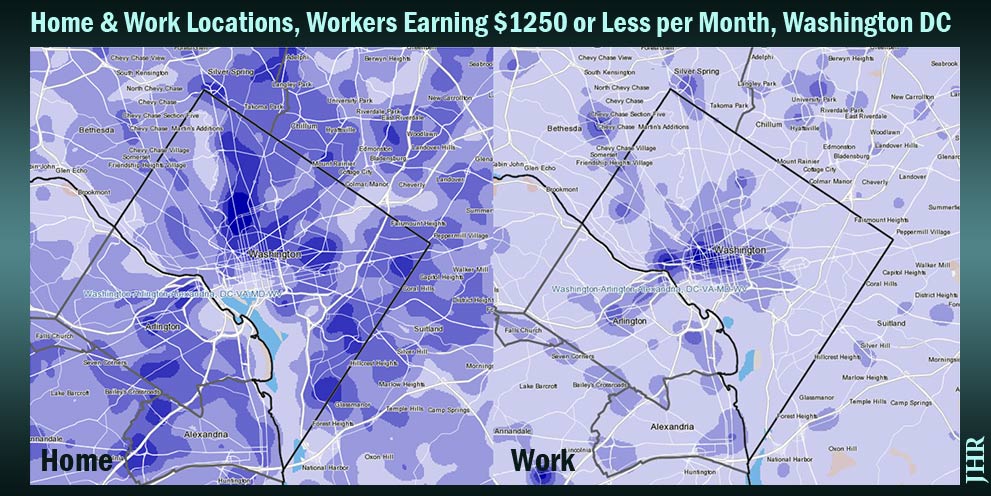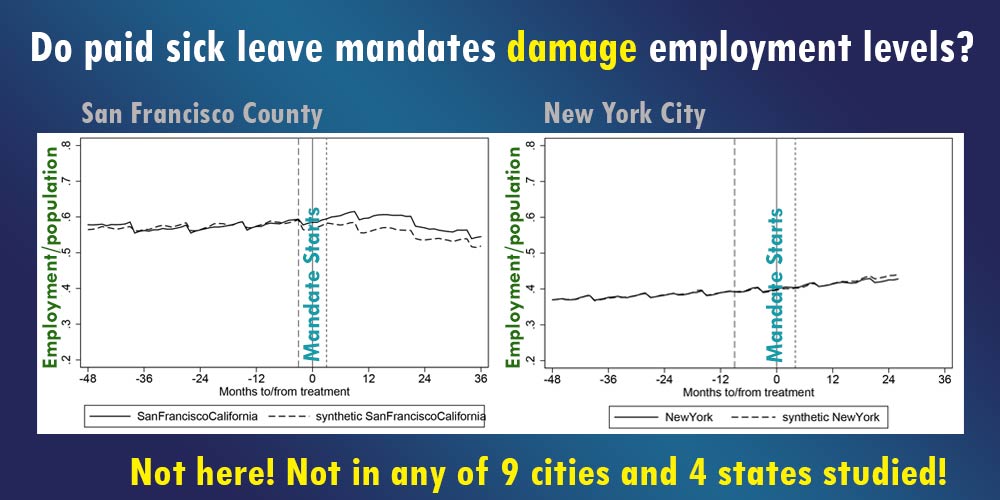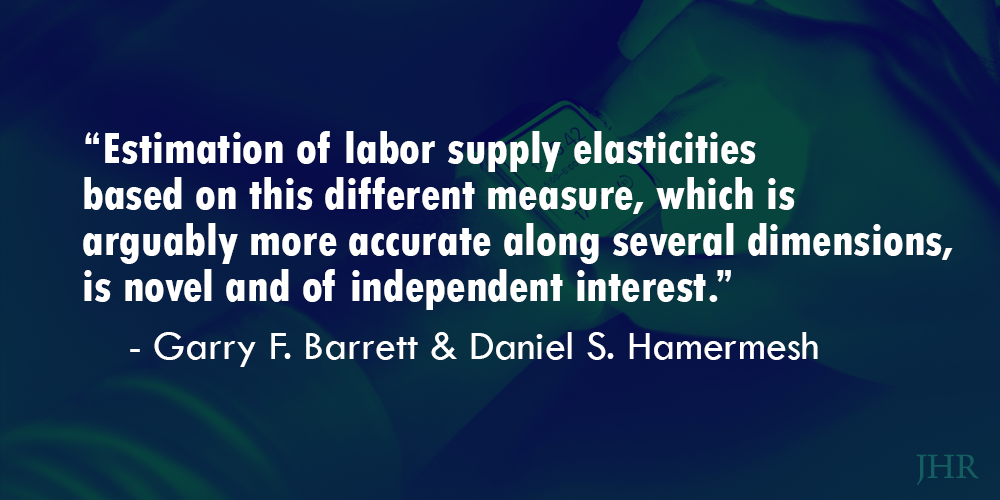When There Aren’t Jobs Close to Home—Do Low-Wage Employers Discriminate Based on Commute Distance?
Everything else equal, employers might respond differently to a person based on where they live, avoiding people from a neighborhood with a particular reputation or worrying whether an employee from a distant, poor neighborhood will be able to commute reliably. In a new study, David Phillips (Wilson Sheehan Lab for Economic Opportunities, University of Notre Dame) measures how employers respond to fictional applicants who live in distant, poor neighborhoods.
Measuring the importance of place is difficult to disentangle from employers responding to a person’s other characteristics. For example, a job applicant living in a poor neighborhood with few jobs will be less likely to have completed high school and more likely to be black. Do employers really care about where a person lives, or are they reacting to these other factors?
In the study, Phillips sent 2,260 job applications in response to ads for low-wage jobs in Washington, DC during the summer of 2014. Four fictional applicants applied to each job, using addresses chosen to vary in both commute distance and neighborhood affluence. The addresses were assigned to fictional job applicants at random so that every piece of the fictional application (name, work history, etc.) was unrelated to the address.
Phillips found that employers responded negatively to addresses in distant, poor neighborhoods. Employers receiving an application with a distant, poor address called or emailed to request an interview 18% less often than when the applicant listed a nearby, affluent address.
The evidence show that employers respond primarily to commute distance, rather than to a neighborhood’s reputation. When employers saw two applicants from similarly poor (or affluent) neighborhoods, they preferred the one living nearer, on average. Additionally, when the experiment sent the same applicant address to two different employers, the employer closer to the address tended to respond more positively.
These effects of commute distance are quite large, similar to the effects found in prior studies that measured discrimination by comparing names with different racial connotations. In this study, employers penalize a person who lives 5.5 miles farther from the job as much as they penalize someone named Jamal versus Greg.
In other words, according to Phillips, “How employers respond to long commutes can perpetuate inequity. People in U.S. cities get sorted into different neighborhoods depending on race, income, and other factors. In Washington, DC the average black person lives 1 mile farther from jobs than the average white person. If employers view long commutes as a negative characteristic, this pattern of de facto racial segregation then contributes to disparities in employment.”
Read the fully study in the Journal of Human Resources: “Do Low-Wage Employers Discriminate against Applicants with Long Commutes? Evidence from a Correspondence Experiment,” by David C. Phillips.
***
David C. Phillips is an associate research professor at the Wilson Sheehan Lab for Economics Opportunities and the Department of Economics at the University of Notre Dame.



